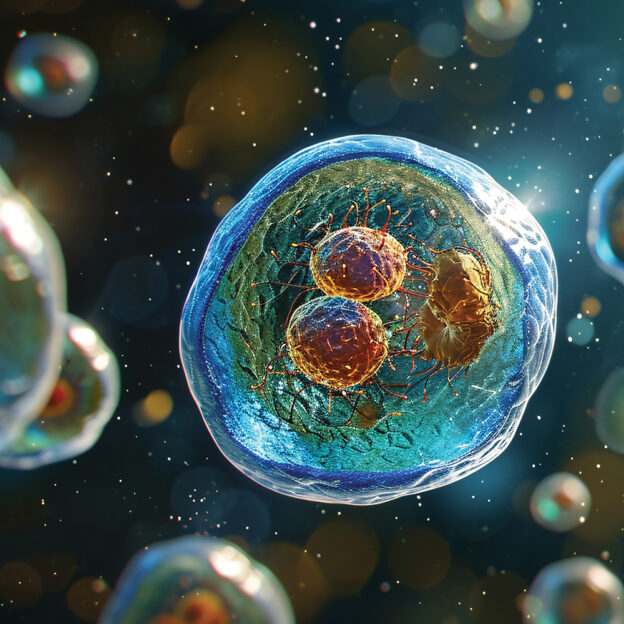Table of Contents
By Marc Bubbs, ND, MSc, CISSN, CSCS

Rather than skip breakfast, get some movement in before you eat breakfast. When you eat your food, whether before or after exercise, impacts how your body burns stored fat versus carbohydrates. The scientific term is nutrient-exercise timing: the effect that the food you eat has on your body’s fuel of choice when exercising or even going about your day.
The research of Rob Edinburgh, Ph.D., investigated this question in a recent study and found that a single bout of exercise performed before (versus after) food intake increased the body’s ability to break down stored body fat. In short, if you exercise before you eat, it significantly improves your ability to burn stored body fat for fuel. Exercising before a meal also reduced insulin output after, meaning study participants were better able to tolerate carbohydrates.
Lift Weights before Breakfast
Edinburgh wasn’t finished there. He also wanted to examine whether your muscles changed their preferred fuel source depending on whether your exercise was performed before (versus after) breakfast. In other words, does the timing of exercise also impact the fuel your muscles use? Edinburgh put study participants through a six-week training program, before or after breakfast, to observe any possible changes to the fuel muscles preferred to use in the fasted versus fed state.
Remarkably, they observed a two-fold increase in fat utilization by muscle tissue in the group training before breakfast. This is a really important point because when your muscles burn intramuscular triglycerides (the fat located in your muscle), it’s a powerful signal to the body to improve insulin sensitivity as well. Impressively, this effect of muscle-burning intra-muscular fat for fuel was maintained throughout the six-week duration of the study when training was performed before carbohydrate ingestion.
Fasting and Exercise
Exercising in a fasted state benefits glucose control and insulin sensitivity without needing to increase the volume, intensity, or perception of effort of your exercise.
If you’re trying to lose weight, improve glucose control, or have chronic health conditions, exercising before breakfast is a terrific option, improving your body’s ability to use fat for fuel, as well as improving your insulin sensitivity.
If your schedule doesn’t allow for it, similar effects can be had by exercising before lunch or dinner, provided you haven’t snacked in the three to four hours prior to exercising.
—
Marc Bubbs, ND, MSc, CISSN, CSCS, is a naturopathic doctor, performance nutrition lead for Canada Basketball, and performance nutrition consultant for a portfolio of professional and Olympic athletes. Marc hosts The Performance Nutrition Podcast and practices in both Canada and England.
Well Being Journal adapted this article from Peak 40: The New Science of Mid-Life Health for a Leaner, Stronger Body and a Sharper Mind copyright 2021 by Marc Bubbs, ND, MSc, CISSN, CSCS, used with permission from Chelsea Green Publishing, White River Junction, Vermont, 802-295-6300; www.chelseagreen.com. Referenced and indexed.





